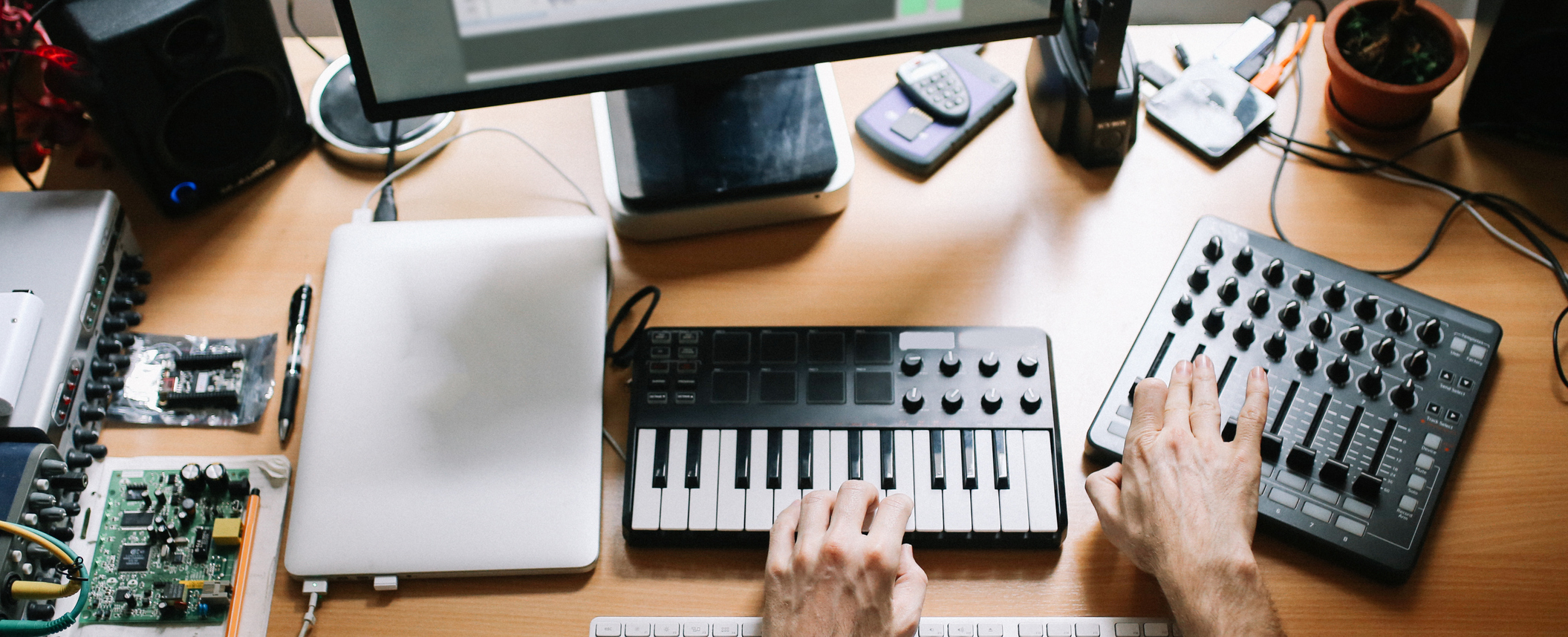The topic of versatility should be an important deciding factor on whether you put all that time and effort into learning an instrument. When you learn an instrument your end goal will most likely be to add it to your portfolio of life skills, meaning when you select an instrument you will need to pick something which can mould to your evolving music tastes and interests. The keyboard is one of the top contenders for this and we are going to list a few reasons why.
Adaptive sound
When you commit to the keyboard, you will never be committing to a particular sound. Though the core elements of a keyboard may be the same, you can pick and choose different keyboards to suit what is best for you. For example if you wanted to play some more chilled out jazz or classical piano, you will be better off with an electric piano style keyboard. However, if you wanted to create a more electronic sound, you will be able to explore the world of synthesizers. The beauty of the keyboard is you won’t be bound to one sound, you will have the freedom pick and choose for wherever the music takes you.
Piano, but much more…
The piano is a fantastic instrument and one of the most commonly taught. There are thousands of talented players in the industry today and new innovative ways of playing the piano are being explored daily. However, the classical piano is inherently limited to its one sound. Similarly to guitars, if the a piano is made by a different manufacturer you will have a different tone and sound. But with the way music technology has evolved, the sound you can create with a keyboard is limitless if the right amount of creativity is applied to your musical journey.
You can create more, knowing less
The keyboard is about creativity and exploration. It would be incorrect to say that you do not need the same time and dedication as any other instrument to truly master the keyboard. However it is easy to create great sounds and music in the early stages of learning the keyboard due to its interactive nature.
Legendary member of The Doors, Ray Manzarek, is quoted to say “I think I’m a very poor piano player.” However his psychedelic and experimental methods of composing with a keyboard has painted him one of the most influential musicians of his generation.
Additional hardware
If you have seen a professional music studio, you will understand that the potential for additional hardware onto your keyboard set up is endless. Keyboardists today have been known to use samplers, effects pedals and other external pieces of kit in conjunction with their keyboard to create new and interesting sounds. Not to mention that most keyboards have MIDI capabilities, meaning you can use your keyboard to control other devices or virtual instruments if correctly connected.
Transferable skills
Similarly to if you knew the basics of playing the guitar and you wanted to learn how to play the ukulele. Learning the keyboard will naturally provide you with a transferable skill set to other keyed instruments. The easiest example of this would be if you wanted to learn a more classic style of piano. However if you wanted a crack at something more unique like the organ, clavinet or perhaps the melodica, the rhythmic and coordination skills you learn from keyboard lessons can be a great asset to learning them.
Your choice of instrument and how you learn to play will be entirely down to what suits your personality, and your tastes in music. If you enjoy versatility, experimentations and creating interesting sounds, give the keyboard a try!
Progress Academy provide lessons for those looking to learn how to play the keyboard or piano and we are happy to provide a bespoke experience regarding what suits you. For example we offer Trinity Rock and Pop Graded exams for keyboardists looking to add to their versatile range. Progress Academy is the Birmingham exam centre for Trinity boards so please get in touch to find out more



